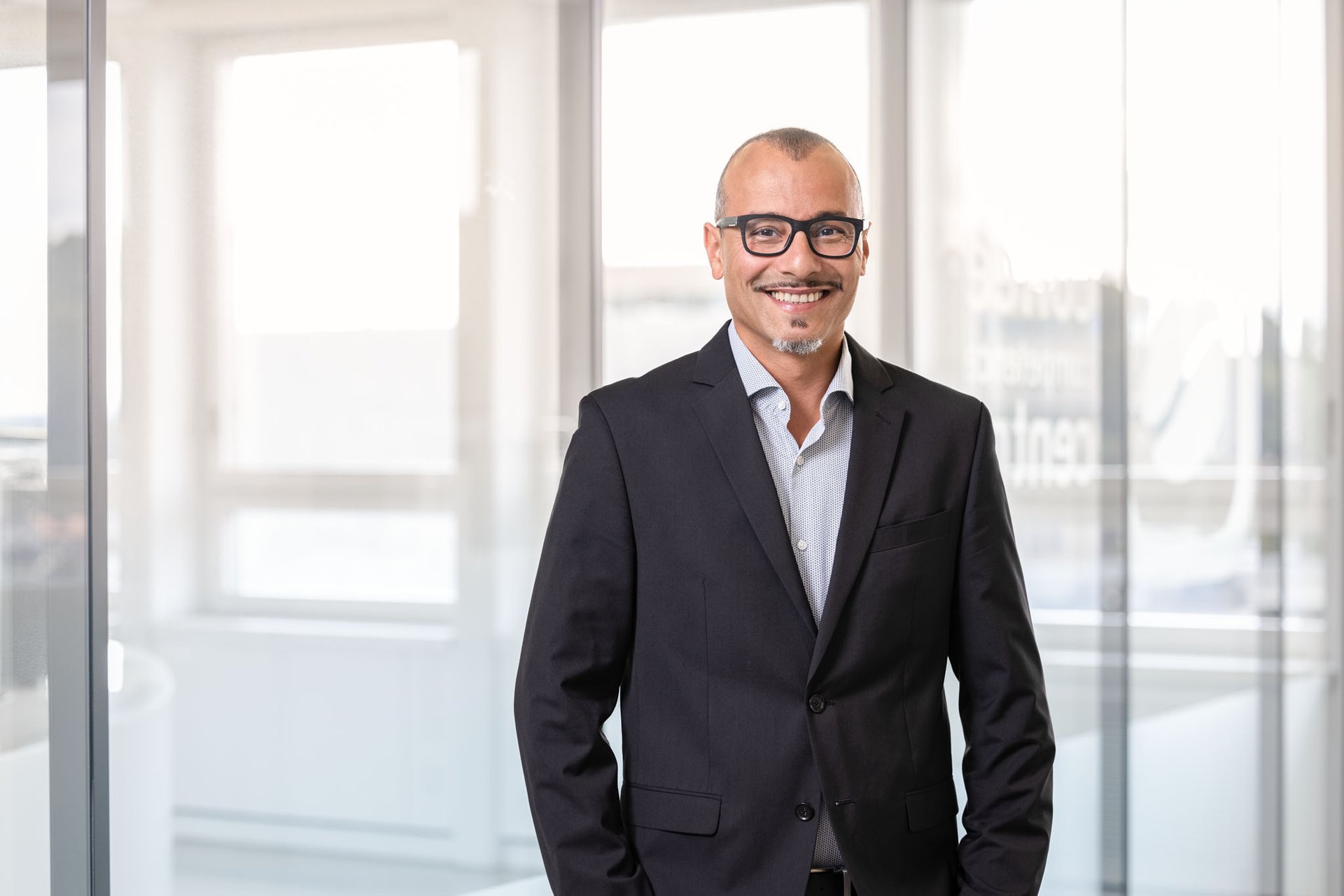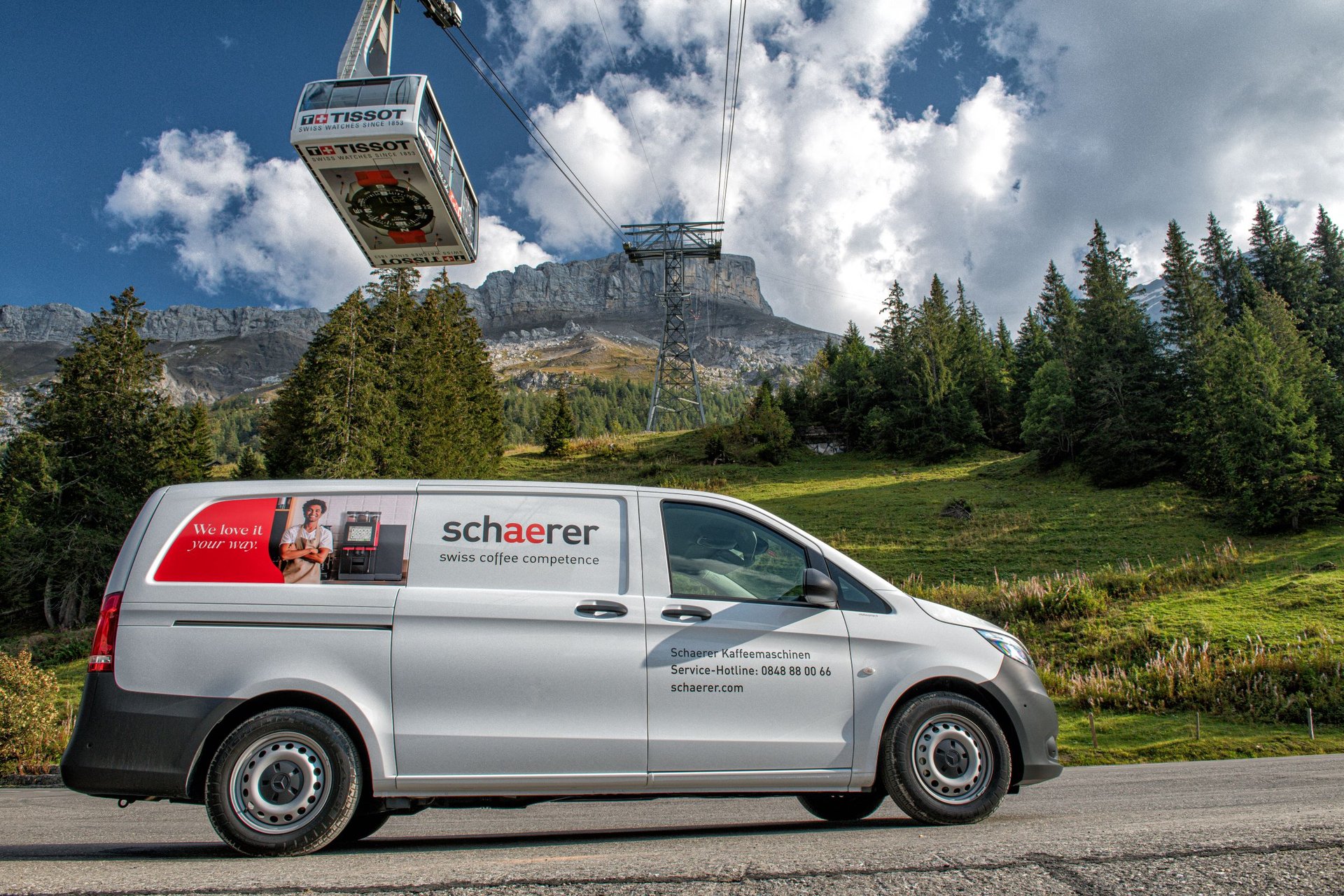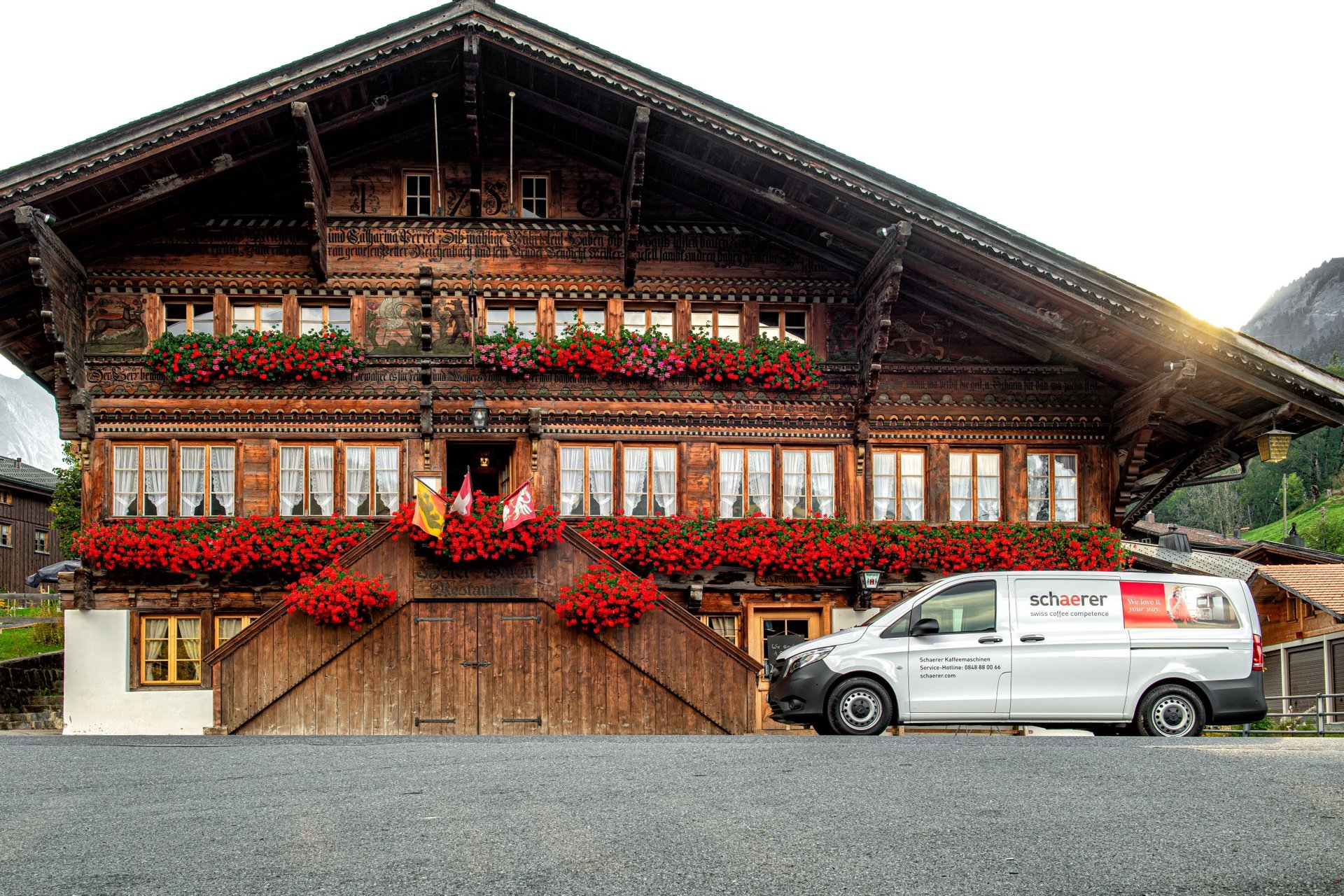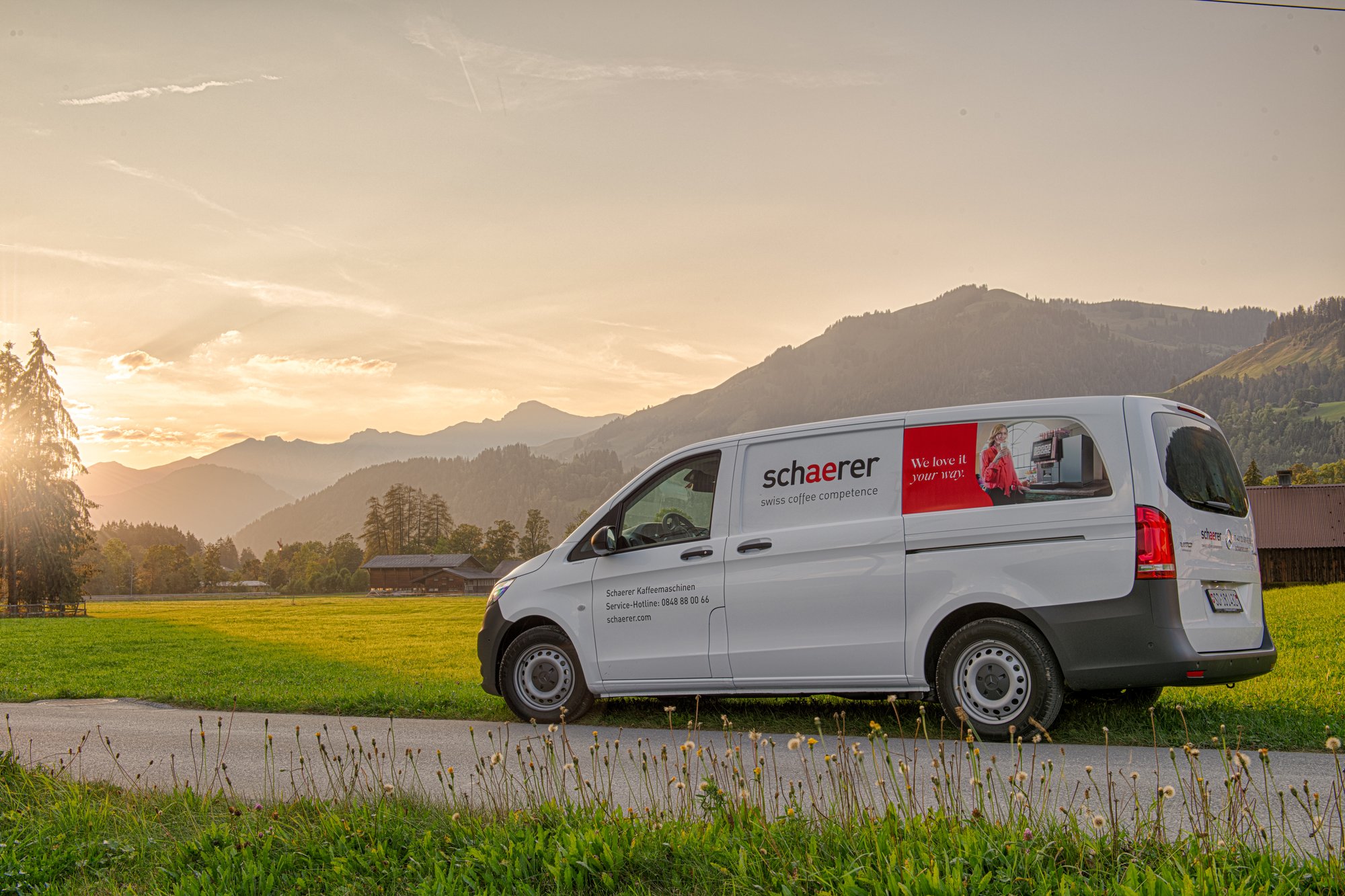What is Swiss about Schaerer?
Investment in quality
Classic Swiss values — so-called “Swissness” — are essential for working at Schaerer. Precision, reliability and a unique sense of quality not only play a decisive role in development and production: These characteristics are also extremely important in sales and service. After we focused on mechanical development in the last part of our series entitled “What is so Swiss about Schaerer?”, Karim Bourame took the time to tell us about the other end of the value chain. The Area Sales Manager for Western Switzerland, the French-speaking part of the country, explained, among other things, what “Swissness” means for his job, what is especially important to his customers, and how German- and French-speaking Switzerland differ when it comes to coffee culture.
Can you briefly outline your job at Schaerer?

Since the beginning of 2017, so for more than four years now, I have been working for Schaerer as the Area Sales Manager for Western Switzerland. As Sales Manager, I am responsible for the French-speaking part of the country. My main job is, of course, to sell new machines. A typical work day is mostly made up of customer visits, during which I work with prospective customers to find out what they need and then make them an appropriate offer. But I don’t only wait for requests from new customers to do this. I regularly analyse the processes of my existing customers and find out if older machines need to be replaced. This is how I support restaurant and hotel operators and the like in serving coffee specialities of the highest quality with maximum efficiency.
But selling machines alone is not all I do; I am also responsible for various administrative tasks. Another important function is the link between technical service and the customers. I work closely with the technical manager for Western Switzerland for this purpose. We make sure that our customers not only get high-quality coffee machines, but can also benefit from them in the long term.
How would you personally define “Swissness”? What is a typical Swiss person in your eyes?
Of course, there are certain characteristics that are usually associated with Switzerland. Precision and reliability are the first ones that come to mind. It’s no coincidence that Swiss products have a reputation for being manufactured with extreme care and attention to detail. This goes hand in hand with the fact that the Swiss generally expect a very high level of quality, both in their products and in their services. This also means that we are willing to pay more for high quality. I think most Swiss people see it this way: If it is high quality, it’s okay if it costs a bit more.

How does this attitude affect your work at Schaerer?
We are very aware of the extremely high demands our customers have on quality, in all areas of the company. On the one hand, the machines themselves have to satisfy the highest requirements, that much is clear. But this strict standard also applies to service and my consultations. For me, this means that customers can contact me at any time if they have questions or problems. For example, if an old machine breaks down before the new model is delivered, it is my job to get a replacement machine as quickly as possible. The same applies to our technical customer service. Quality means that faults are rectified quickly, reliably and carefully.
If the standards are high — as is the case with us — the Swiss are happy to pay a reasonable price. Of course, this does not mean that price is not a factor. But inexpensive conditions must never come at the expense of value. This is true of both the coffee machines themselves and all the associated services. After all, we have to ensure quality for years to come. That’s why our customers are happy to invest in service packages that extend the life cycle of their machines and guarantee high-quality coffee in the long run.
Many of our customers directly associate this high level of quality with Swiss production. You could draw a parallel here to the famous Swiss watches: If you buy a Swiss watch, you can expect an unrivalled level of craftsmanship and expertise. Similar expectations exist in the coffee industry, which is why restaurant operators like to invest in machines “Made in Switzerland”.

Do you think there are differences between German-speaking and French-speaking Switzerland here?
Yes, there are some different aspects and certain peculiarities. In Eastern Switzerland, meaning the German-speaking part of the country, the openness towards fully automatic machines was and is noticeably stronger. Efficiency and automation clearly have greater weight here. This is also reflected in the fact that WMF machines, which we also sell in Switzerland, are much more popular in this area. In the western part of Switzerland, on the other hand, portafilter machines are still king. It’s hard to say exactly why. However, I could imagine that the aesthetics and craftsmanship of preparing coffee with classic barista machines still have a very big pull there. Fortunately, we have a machine in our product range, the Schaerer Barista, that meets all these requirements.

